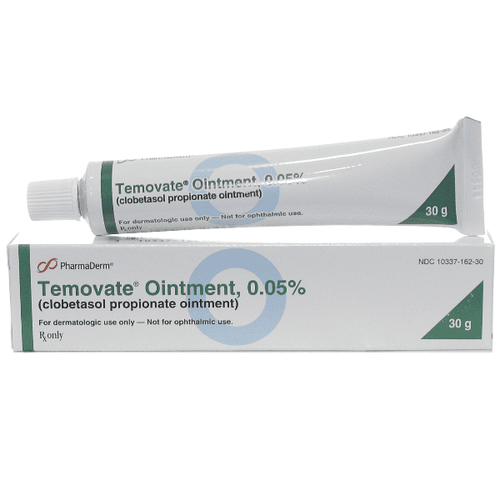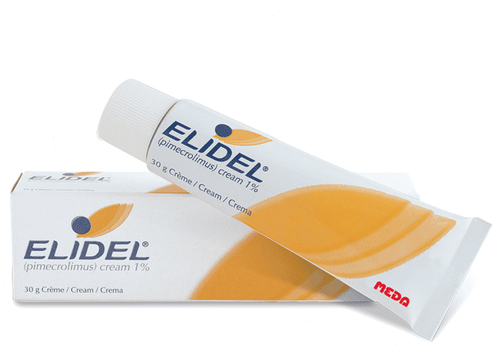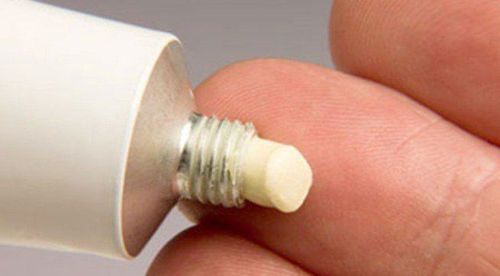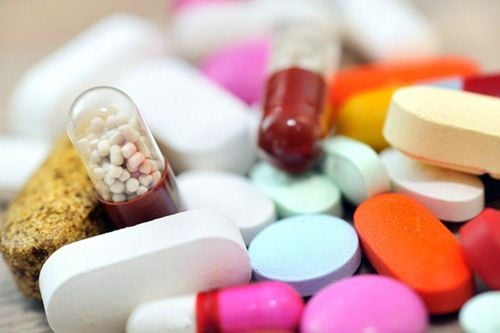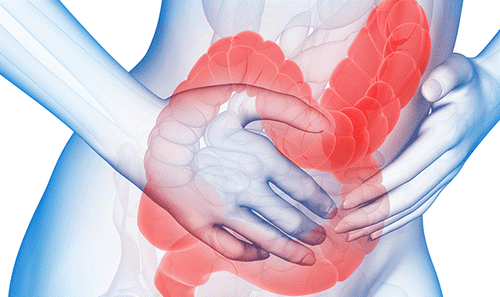This is an automatically translated article.
Skin and soft tissue infections (SSTIs) are very common in clinical practice due to the attack of harmful bacteria on the skin layer and underlying soft tissue organizations. Therefore, with skin infections, antibiotics are the most specific treatment. So what antibiotics do you take for a skin infection?
1. What are skin and soft tissue infections?
In terms of morphological appearance, skin and soft tissue infections are classified into 2 main groups:
Non-purulent infections, including: cellulitis, necrotizing fasciitis and erysipelas; Skin infections with festering phenomena, including: Boils, pustules, abscesses. In addition, SSTIs can also be divided based on the severity of the disease:
Mild: The patient has no systemic symptoms, and has no other comorbidities or, if present, can still be controlled. Okay; Moderate level: The patient has systemic manifestations and no other diseases with or without systemic symptoms but on the background of other uncontrolled diseases; Severity: The patient has both systemic signs and uncontrolled comorbidities. Systemic signs and symptoms of a patient with skin and soft tissue infections may include:
High fever over 38 degrees Celsius or lower body temperature 36 degrees Celsius; Tachycardia over 90 beats/min; Breathing rate increases more than 24 times/minute; The white blood cell count is above 12G/l or less than 4G/l.
2. What should a patient with a skin infection do?
After the patient is diagnosed by a doctor as a skin infection, and at the same time classifying the morphology and severity, treatment will be prescribed according to the following regimen:
For skin and soft tissue infections no pus:
Mild: This is the least serious and will be prescribed by the doctor with oral antibiotics. So what antibiotics do skin infections take? The antibiotics indicated include: Penicillin, Cephalosporin, Dicloxacillin and Clindamycin; Moderate: This degree of skin infection requires antibiotics to be administered by parenteral route and requires a combination of 2 of the following antibiotic classes: Penicillin, Ceftriaxone, Cefazolin or Clindamycin; Severity: This is the most severe form of a skin and soft tissue infection that does not fester. Therefore, patients need to use Vancomycin in combination with Piperacillin/Tazobactam. At the same time, the patient should be monitored, considering the incision and draining the infection.
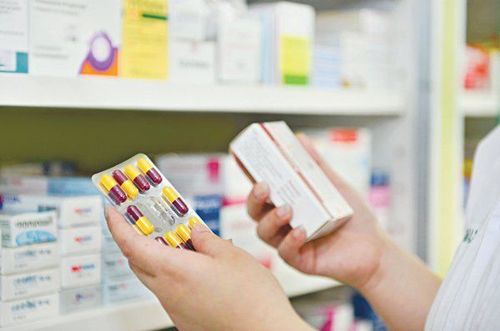
Nhiễm trùng da kháng sinh cần được dùng theo đúng giai đoạn bệnh
For purulent skin and soft tissue infections:
Mild: With this grade of disease, the patient may not need to use antibiotics, but only need to be closely monitored, and consider the incision, remove purulent skin infection; Moderate level: If the disease is more severe, the patient after incision, drainage of infected pus may need to culture bacteria, make an antibiotic chart to choose the most suitable antibiotic for the causative agent. ; Severity: This is the most severe course of purulent skin and soft tissue infections. Therefore, the patient is required to drain the infection, then take the bacterial culture to make the antibiotic chart and choose the most effective antibiotic.
3. With antibiotic skin infections, how much?
Doxycycline antibiotic:
Adults: Take 100mg x 2 times/day; Children: Contraindicated for children under 8 years old. Cefazolin antibiotic:
Adults: Intravenous injection with a dose of 1 gram x 3 times/day; Children: 50mg/kg/day divided into 3 times. Cephalexin antibiotic:
Adults: Take 500mg x 2 times/day; Children: 25-50mg/kg/day divided into 4 oral doses; Clindamycin antibiotic:
Adults: 600mg intravenously every 8 hours or 300-450mg orally 4 times a day; Children: 25-40mg/kg/day in 4 divided doses or 25-30mg/kg/day in 3 divided doses. Vancomycin antibiotic:
Adults: 30mg/kg/day divided into 2 intravenous injections; Children: Intravenous injection 4 times a day with a total dose of 40mg/kg/day.
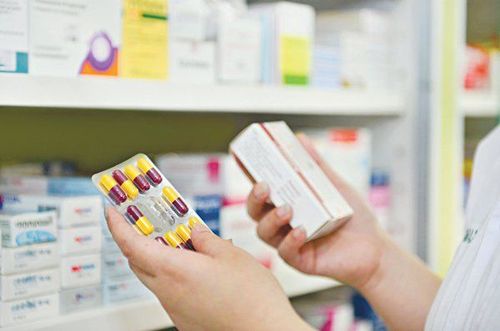
Nhiễm trùng da uống kháng sinh gì bạn nên hỏi ý kiến bác sĩ chuyên khoa da liễu
4. Some notes when treating skin infections
4.1. Cellulitis Besides using antibiotics, doctors need to find and treat risk factors for the disease such as: obesity, eczema, venous insufficiency...
At the same time to increase the effectiveness of the patient's treatment It may be necessary to use a combination of anti-inflammatory corticosteroids in moderate to severe levels with a dose of 40mg/day for 7 days continuously.
4.2. Abscess recurrence For the case of an abscess that has been treated but recurs at the same location, the doctor needs to look for local causes (such as sebaceous cysts, pyogenic sweat gland inflammation...). In addition, the patient should be indicated for incision, drainage and bacterial culture as soon as possible.
In addition, a necessary treatment is washing the wound twice a day with chlorhexidine solution and changing personal items (clothes, blankets, shoes) every day.
4.3. Infection of the incision The most effective treatment and support is cutting the sutures, injecting the incision and draining the incision. The use of systemic antibiotics is not usually indicated. The doctor only tells the patient to use systemic antibiotics if there are the following signs:
Erythema, hardness over 5cm from the wound edge; Body temperature over 38.5 degrees Celsius; Rapid pulse over 110 beats/min; The white blood cell count rises above 12G/L. Skin and soft tissue infections are common in clinical practice due to the attack of harmful bacteria on the skin layer and underlying soft tissue organizations. Therefore, with skin infections, antibiotics are the most specific treatment. To ensure effective treatment and avoid overuse of antibiotics, patients should go to a medical center for examination and appropriate indications.
Currently, the overuse of antibiotics, indiscriminate use of antibiotics has increased the risk of side effects and becoming antibiotic resistance. Therefore, patients should choose reputable medical facilities with good expertise to treat and guide the most effective use of antibiotics.
Vinmec International General Hospital is the address for examination, treatment and prevention of diseases. When performing the examination process at Vinmec, customers will be welcomed and used modern facilities and equipment along with perfect medical services under the guidance and advice of experts. Good doctors, well-trained both at home and abroad. In case it is necessary to use antibiotics to treat respiratory diseases such as acute bronchitis, doctors at Vinmec will provide a treatment plan, and advise and guide patients to use the drug effectively. , avoid overuse, indiscriminate use of antibiotics causing unwanted side effects such as antibiotic resistance.
Please dial HOTLINE for more information or register for an appointment HERE. Download MyVinmec app to make appointments faster and to manage your bookings easily.




